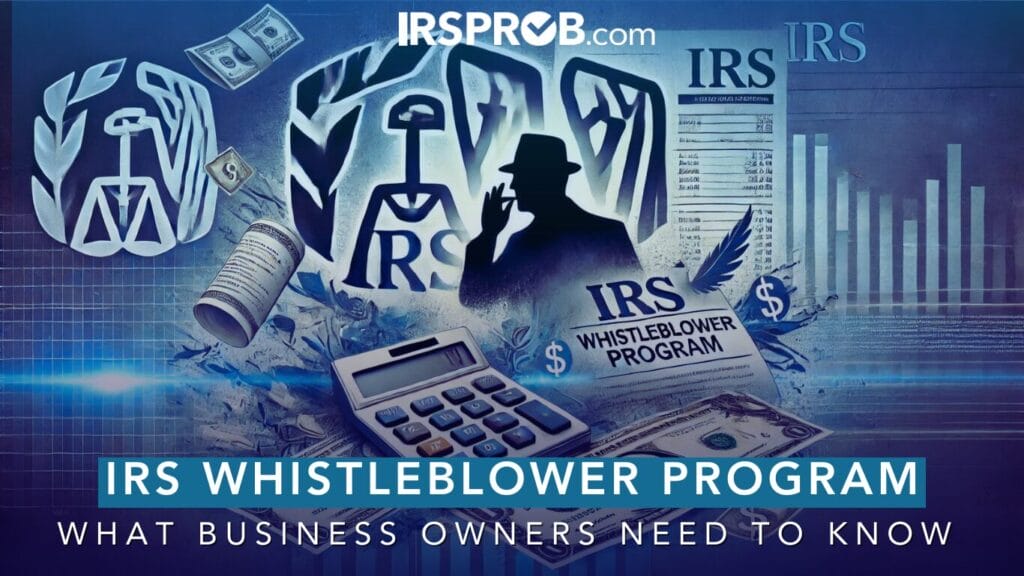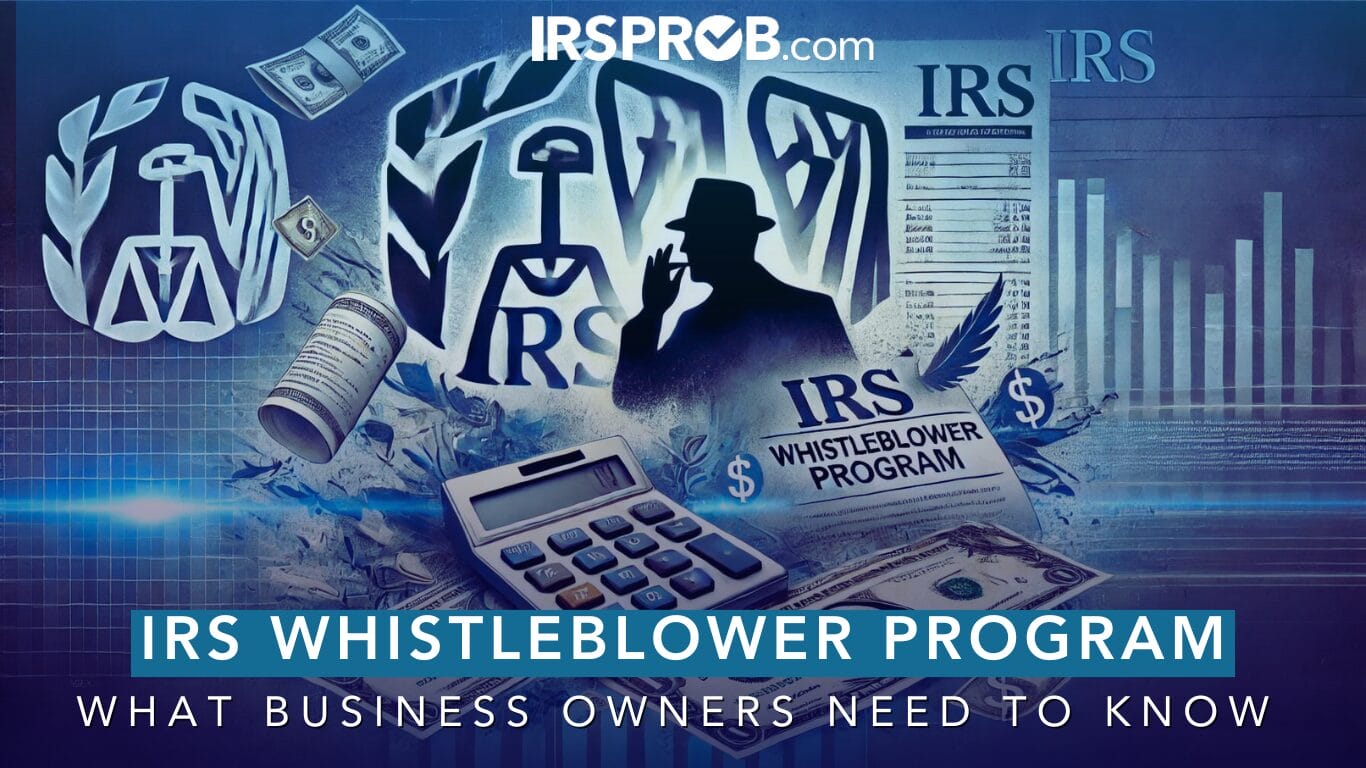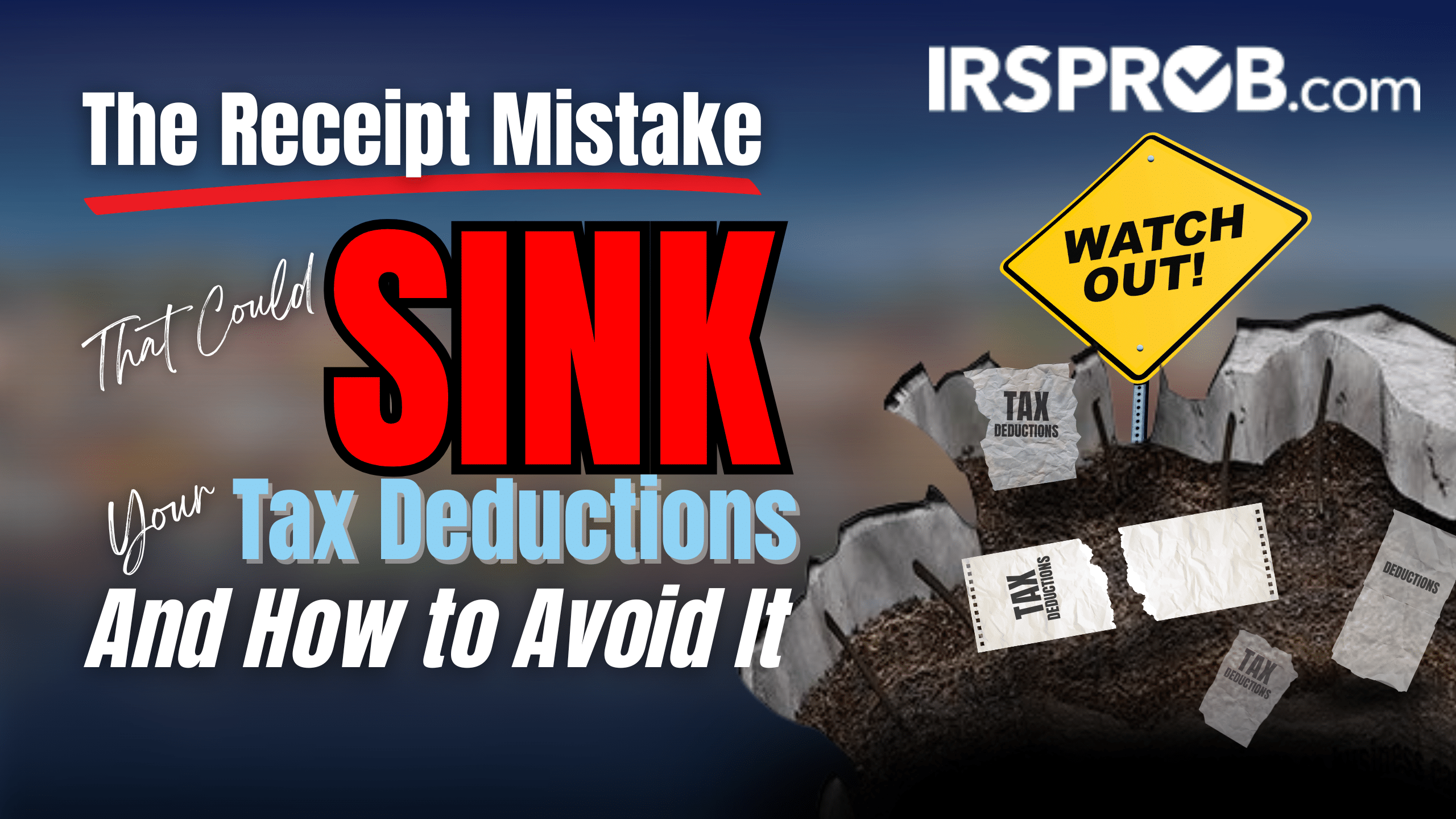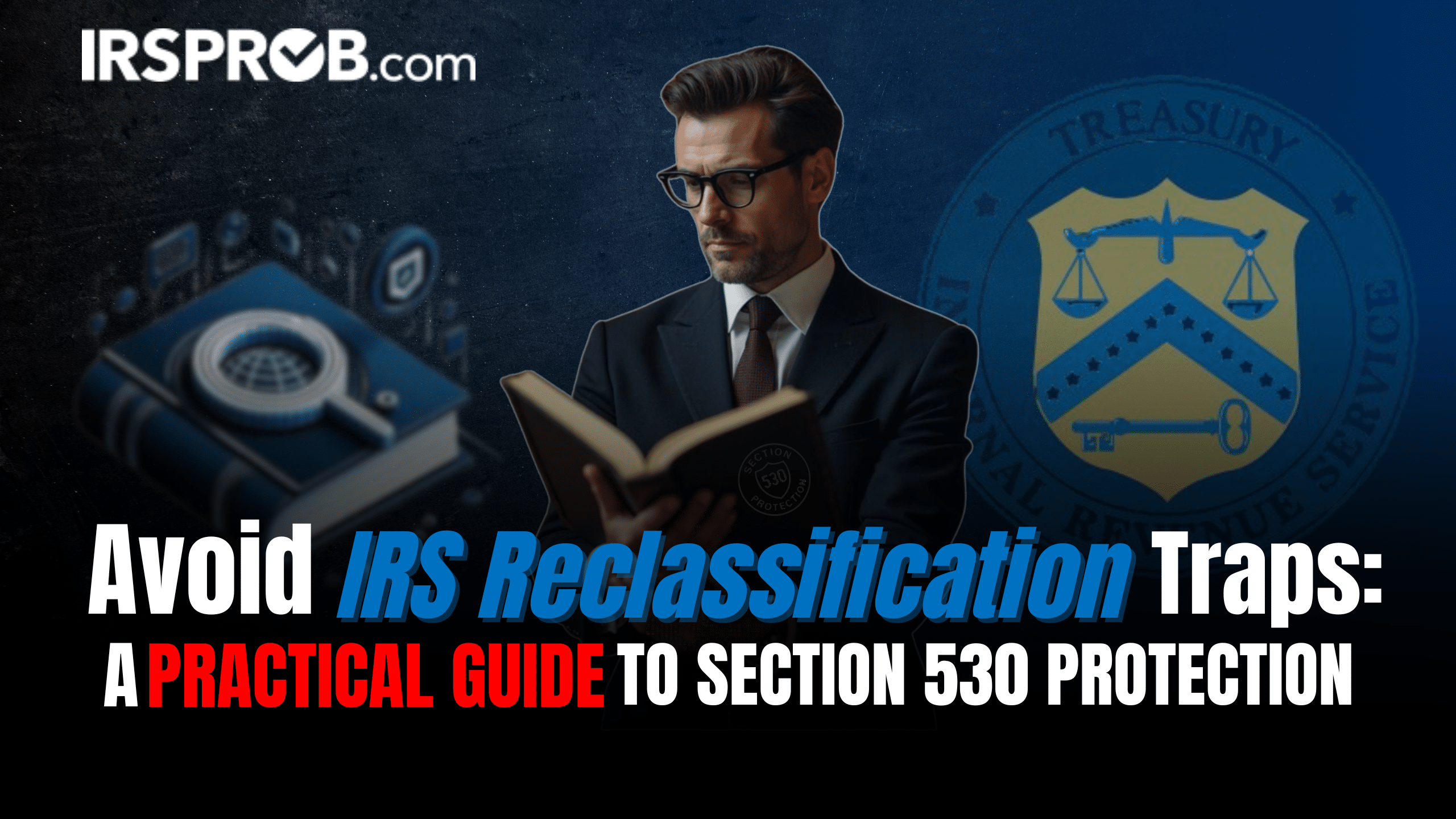
The IRS Whistleblower Program is increasingly becoming a significant tool in the fight against tax evasion. This program, which rewards individuals for reporting tax non-compliance, has gained attention recently, especially with the IRS granting substantial awards to whistleblowers. As a business owner, understanding how this program works is crucial, as it could directly impact your operations if someone within or outside your organization reports potential tax issues.
How the Whistleblower Program Works
The IRS Whistleblower Program allows individuals to report taxpayers who are underpaying their taxes or engaging in fraudulent activities. If the information provided leads to the collection of taxes, penalties, interest, or other amounts exceeding $2 million, the whistleblower can receive an award ranging from 15% to 30% of the collected proceeds.
For cases involving individuals with a gross income of less than $200,000, the IRS may award up to 15% of the recovered amount. While this program often targets larger corporations or wealthy individuals, it’s essential to recognize that small and medium-sized businesses are not immune from scrutiny.
Why Should Business Owners Care?
As a business owner, the whistleblower program should serve as a wake-up call to maintain accurate records and comply with tax regulations. Employees, contractors, competitors, or even third-party vendors could potentially report suspicious activities, leading to an investigation. In recent years, the IRS has been more aggressive in pursuing tax fraud, and whistleblower reports are a key component in identifying non-compliance.
Key Areas to be Vigilant About Include:
- Employee Misclassification: If your business misclassified employees as independent contractors, it could be flagged for tax evasion.
- Unreported Income: Not reporting all your business income, including cash transactions, could lead to whistleblower reports.
- Improper Deductions: Overstating expenses or claiming deductions that don’t align with actual business activities can trigger scrutiny.
Preventative Measures for Business Owners
- Maintain Proper Documentation: Accurate and organized financial records are essential. This includes receipts, invoices, bank statements, payroll records, and any other documentation supporting your tax filings.
- Stay Updated with Tax Laws: The tax landscape is constantly evolving, and staying informed about changes can help you remain compliant.
- Conduct Regular Internal Audits: Regularly reviewing your financial records can help identify discrepancies and correct them before they become problematic.
- Seek Professional Tax Advice: Working with a tax professional ensures that your business follows all tax laws, minimizing the risk of errors that could lead to whistleblower reports.
How to Handle an IRS Whistleblower Claim Against Your Business
If you find yourself facing an IRS investigation due to a whistleblower claim, it’s essential to take the matter seriously. Here’s what to do:
- Consult a Tax Professional: Engaging an experienced tax advisor or attorney can help navigate the complexities of an IRS investigation.
- Cooperate with the IRS: Provide requested documents and cooperate fully during the investigation. Demonstrating transparency can work in your favor.
- Review and Correct Errors: If the investigation uncovers any discrepancies, work with your tax advisor to correct them promptly.
Protecting Your Business Against Whistleblower Claims
One of the best ways to avoid being the target of a whistleblower claim is to foster a culture of compliance within your organization. Educate your employees about the importance of tax compliance and encourage them to report any concerns internally. Additionally, implementing strict internal controls can help identify potential issues early on, reducing the risk of whistleblowers escalating matters to the IRS.
Conclusion
The IRS Whistleblower Program is a reminder that maintaining tax compliance is non-negotiable for businesses of all sizes. By implementing robust financial practices, staying informed about tax laws, and fostering a culture of compliance, you can protect your business from costly whistleblower claims. Remember, the best defense against an IRS investigation is proactive compliance.









